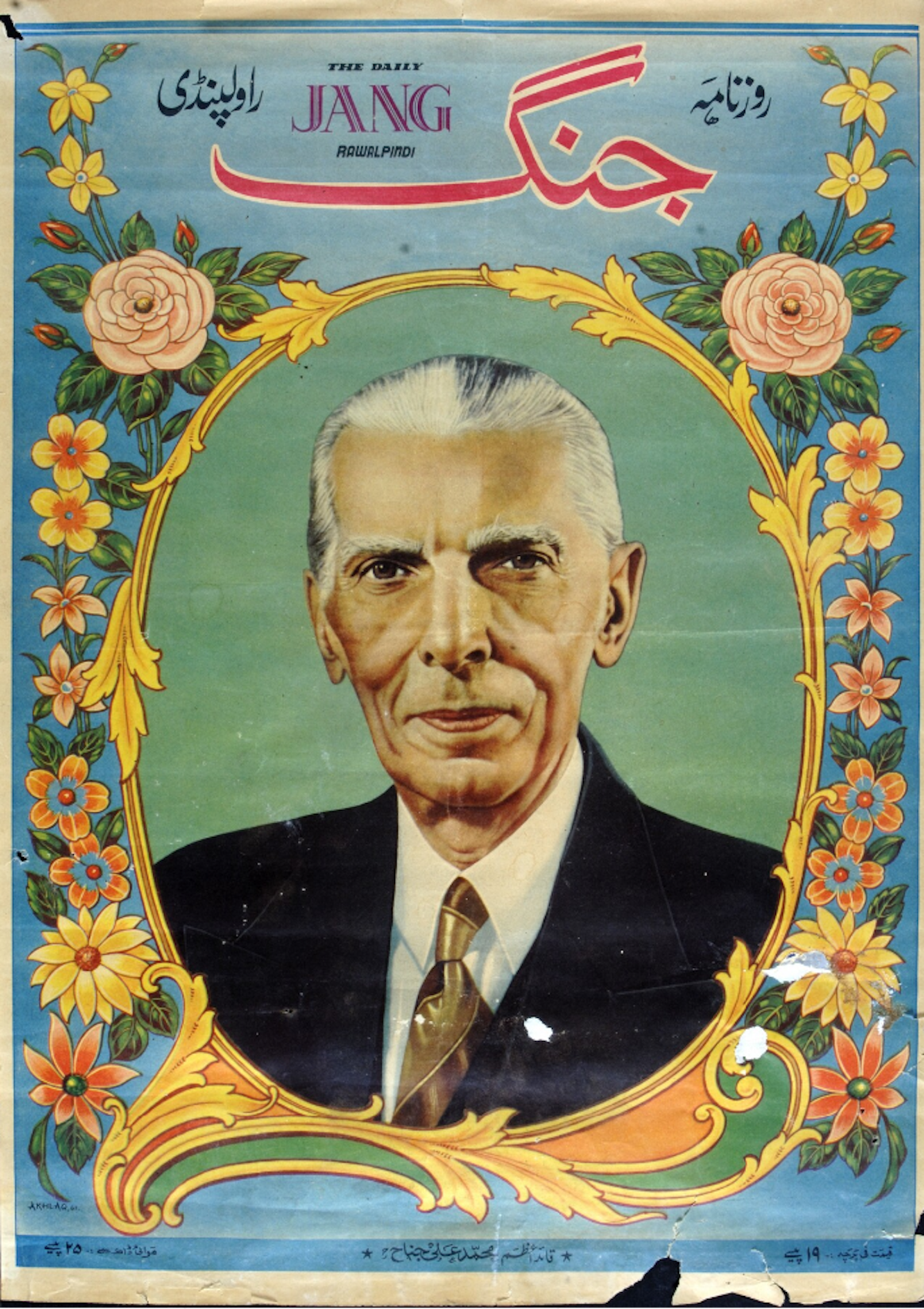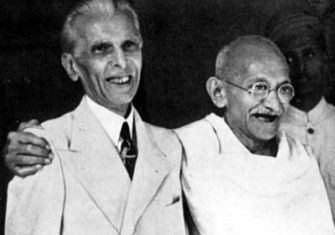Pakistan: What Went Wrong?
Crisis-ridden Pakistan is a very different country from the one envisioned by its founder, Muhammad Ali Jinnah in 1947.

Pakistan is the first of only two modern states to be created in the name of religion. The second, Israel, declared its independence on 14 May 1948, exactly nine months after Pakistan’s creation on 14 August 1947. At the end of the Second World War, with Europe’s global empires collapsing, various new nation states emerged, founded on notions of territorial nationalism, language or ethnicity. Pakistan is, and remains, different because of the ideology that is its raison d’être: Islam and, to a lesser extent, the Urdu language. It is this difference that has made establishing a modern nation state difficult. As the historian of Pakistan, Ian Talbot, has written, the 70 years following Pakistan’s creation have shown that ‘language and religion, rather than providing a panacea for unity in a plural society, have opened a Pandora’s box of conflicting identities’.







